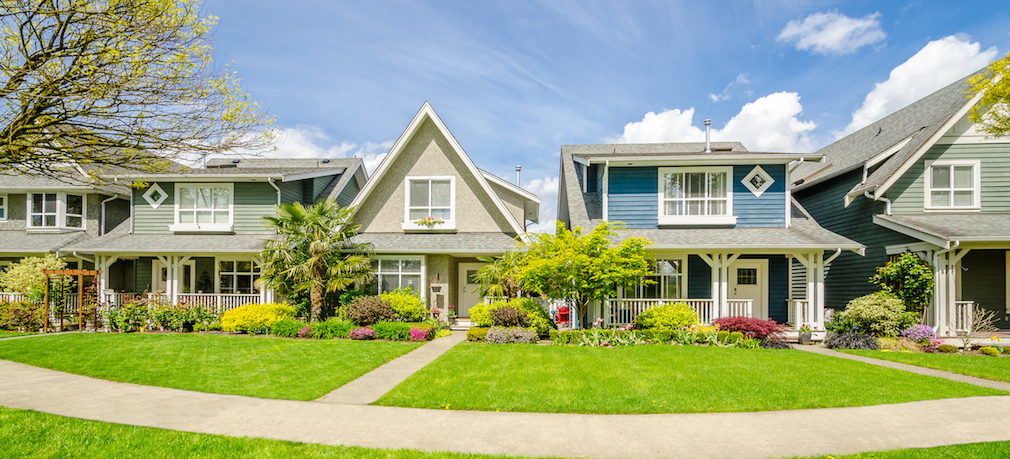Craig Curelop, a financial analyst at BiggerPockets, Inc., started hosting guests through Airbnb two years ago when he bought a duplex close to his office in downtown Denver. He began by offering the top unit to guests and then eventually included the bottom unit when he realized how much money he could earn — income that more than paid for his rent at another property.
“Being a host has helped me pay off student loans and helped me purchase the property I now have, as well as a second property,” Curelop said. “I haven’t paid living expenses in two years, which has let me purchase assets that provide a passive income.”
Helping consumers to create wealth through real estate investment is the overarching vision of BiggerPockets, an educational networking site, and hosting short-term guests is part of the company’s “house-hacking” strategy for gaining financial freedom.
Airbnb is a perfect vehicle for that strategy, allowing consumers to grow their income with minimal effort so they can continue in their own professional and personal pursuits while Airbnb manages everything from advertising to tech support.
The streamlined Airbnb hosting process is one reason the company has attracted so many people to its platform: there are more than 650,000 hosts worldwide, with more than 2 million people staying in Airbnb rentals on any given night. Although a host’s income varies depending on the amount they charge per night and the number of nights they have guests, Airbnb estimates that a host listing a two-bedroom apartment can earn an average expected profit of $20,619 in one year.
That’s passive income that doesn’t entail trading hours for dollars, or require a large investment up front. Instead, that’s money that can cover costs related to rent or a mortgage on a primary residence or an investment property.
In fact, taking the average monthly rent on a two-bedroom apartment in some major U.S. cities, SmartAsset determined that Airbnb hosts could cover more than 70% of rent using the average occupancy rate and room rate for their cities. In some cities — including San Diego, Dallas, Chicago and Philadelphia — hosts could earn more than 90% of the average rent using that average formula.
When Priceonomics analyzed income data from tens of thousands of loan applications in 2018, they calculated that the average Airbnb host makes more than $924 per month, although some made much more, stretching to $10,000 a month. Once hosts discover the benefits of hosting, they often expand their inventory of listed rooms or homes. A 2017 article in Inc. profiled superhosts earning at least $100,000 a year by welcoming guests to multiple homes.
Beyond the money itself, Airbnb host income is now recognized by several financial institutions in their income calculations and can help hosts refinance mortgage loans. Quicken Loans, Better.com and Citizens Bank all offer refinance programs that take host income into account, making it easier for hosts to pull from equity from their homes or get a lower interest rate.
One of the things financially savvy investors appreciate about Airbnb hosting is that it represents a great income opportunity with more upside potential and less effort than traditional hosting. Airbnb takes care of listing the property, advertises availability, provides guest profiles, enables communication, and arranges for safe, upfront payments. It also mitigates the risk of damage to a host’s property with liability coverage of $1 million.
Airbnb hosts are using the passive income from welcoming guests to pay off student loans, pay down mortgage balances, refinance for better terms, buy additional properties, pay for retirement and spend more time doing what they love.
For Curelop, being an Airbnb host has set him up for financial success, with benefits that aren’t just material.
“My favorite part of being an Airbnb host is actually meeting traveling guests from all around the world. I’ve made some friends that I’m still in touch with by being their Airbnb host. My plan is to do this as long as I can,” Curelop said.





